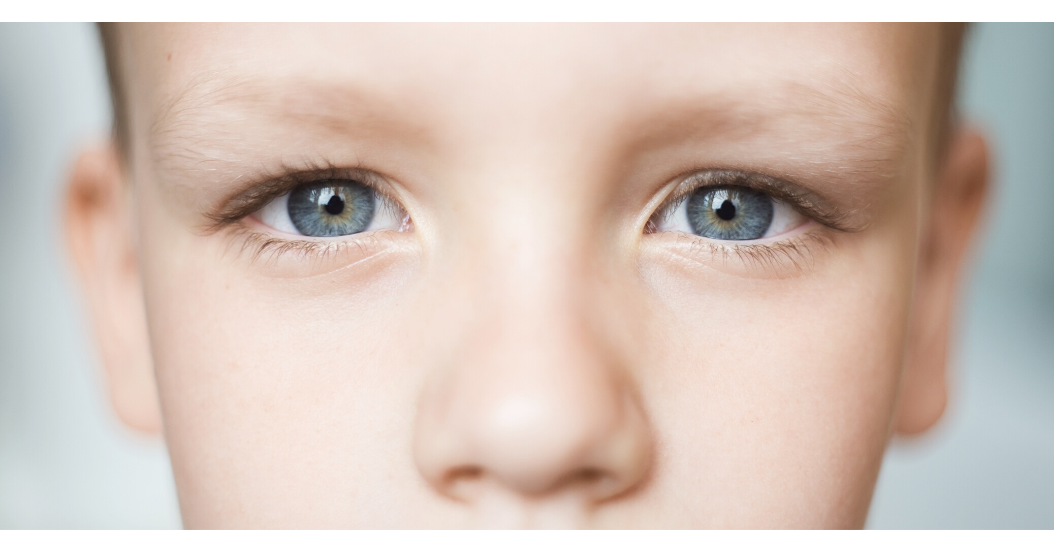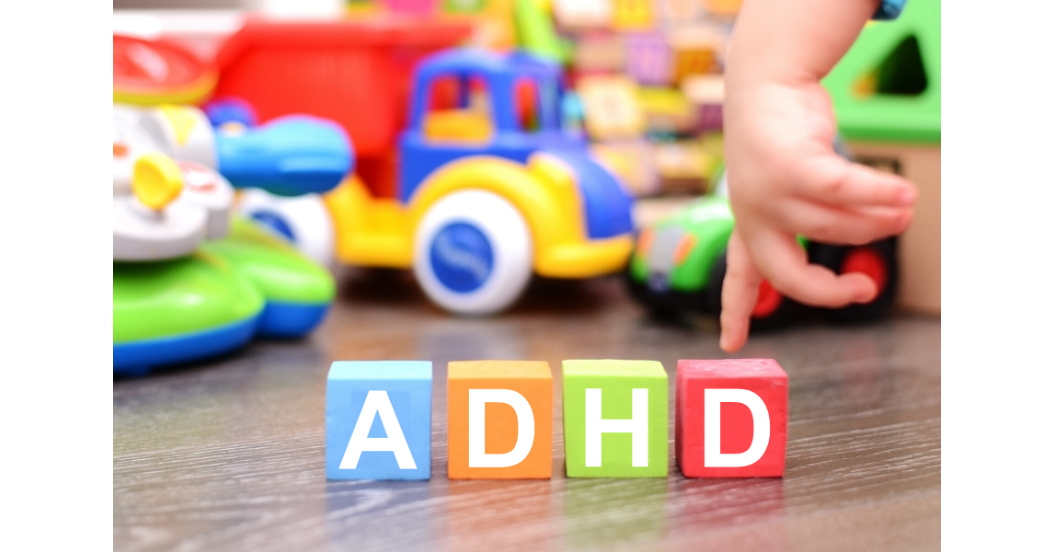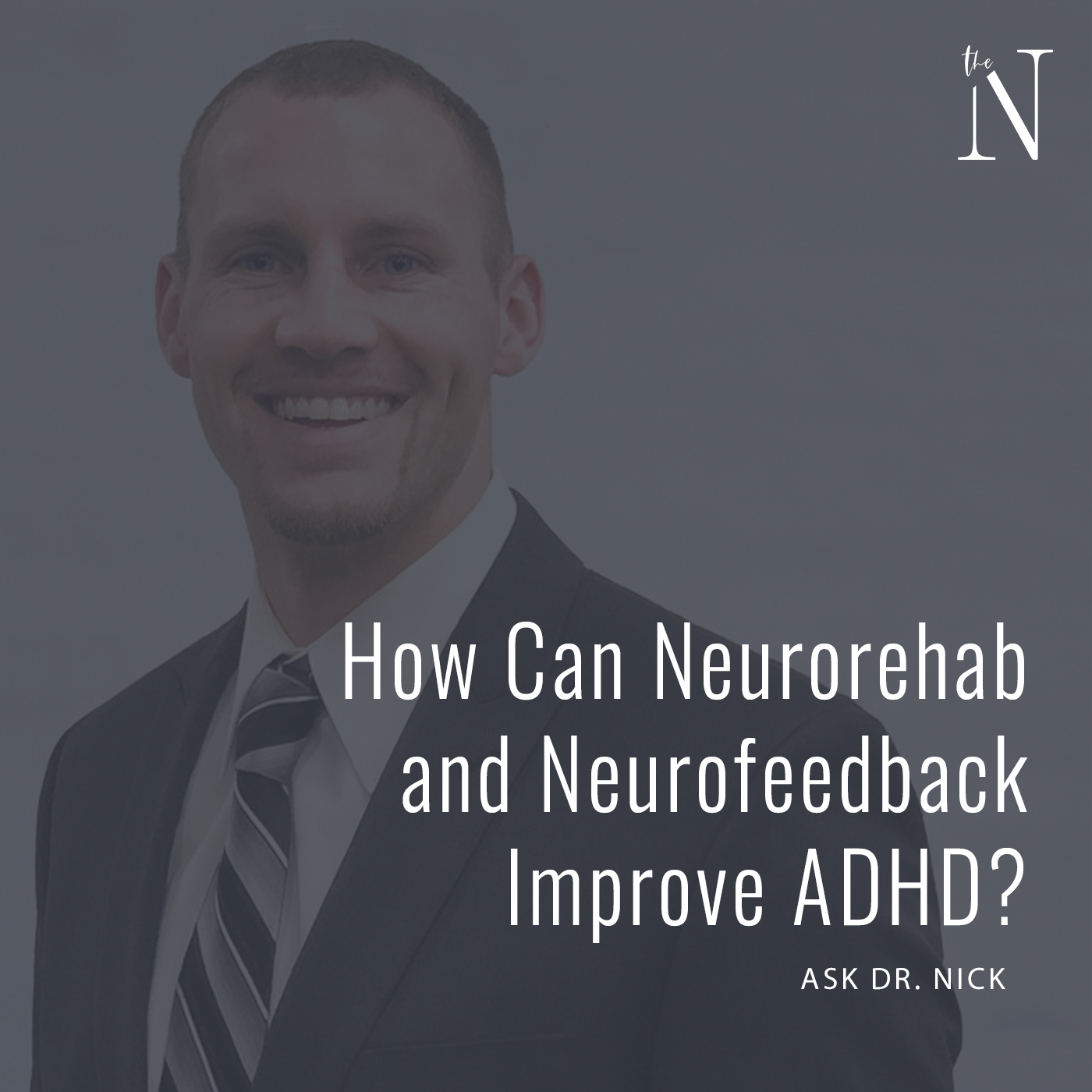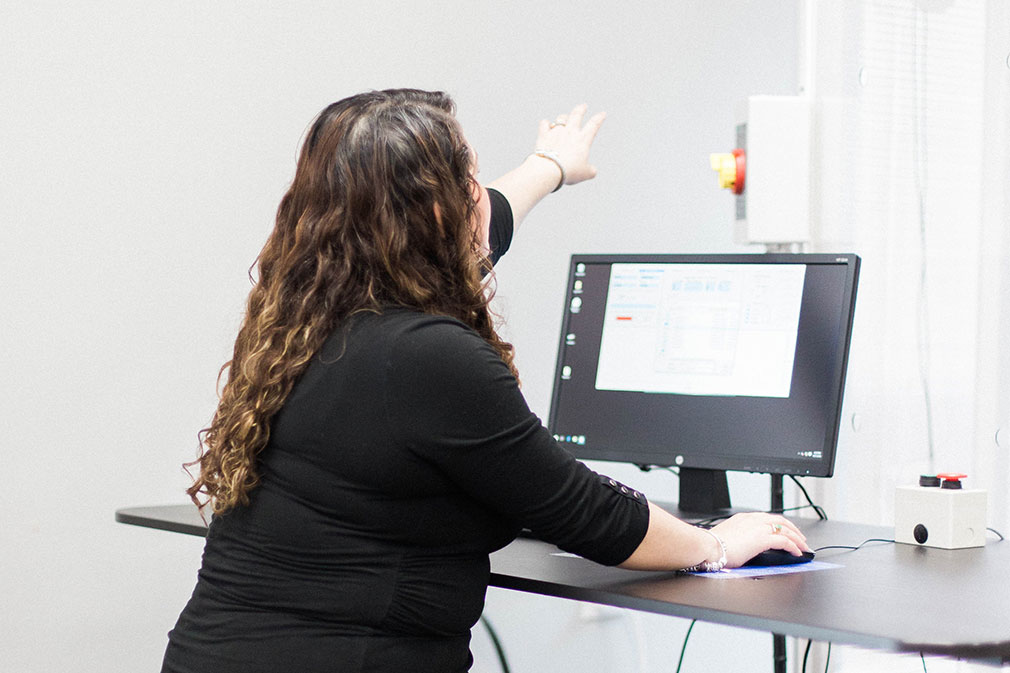
“Evaluating eye movements has been shown to be a sensitive way to diagnose ADHD as well as monitor the effectiveness of ADHD treatment.”
Definition of ADHD
Attention deficit hyperactivity disorder (ADHD) is a common behavioral disorder characterized by inattention, impulsivity, and/or hyperactivity. While the diagnosis of ADHD in America rises, there continues to be a search for improved diagnostic testing for ADHD to improve the accuracy of diagnosis as well as better monitor the effects of the ADHD treatments.
Eye Movement Analysis
Eye movement analysis has been used to help diagnose a variety of neurological conditions. The attention system in your brain is largely connected to your eyes and your visual system. This makes sense as when you want to pay attention to something, you would normally look at it. Therefore, if someone is easily distractible it would seem reasonable they may move their eyes around more than normal.
Eye Movements in ADHD
When asked to stare at a target, those with ADHD move their eyes off of the target involuntarily more frequently than those who do not have ADHD. Those with ADHD also show an increase in blinks when compared to someone who does not have ADHD. Because these measurements, specifically the eye movements, are largely involuntary, they can be used as a marker for diagnosing ADHD.
Eye movements are just one of many ways we monitor our patients at The Neurologic Wellness Institute. For more information on how we work with children and adults with ADHD contact us at https://neurologicwellnessinstitute.com/contact/
Fried et al. ADHD subjects fail to suppress eye blinks and microsaccades while anticipating visual stimuli but recover with medication. Vision Research. 2014.




